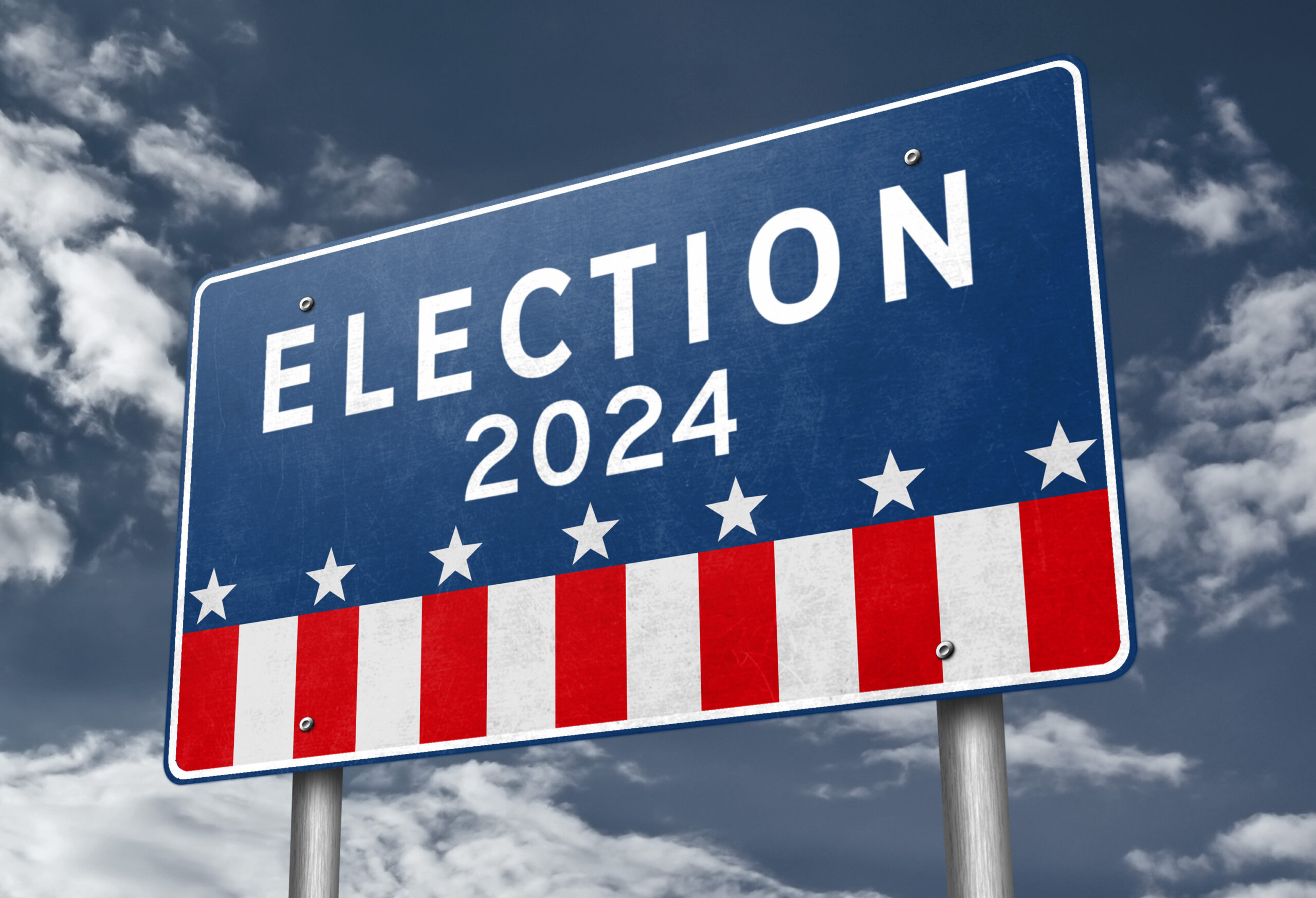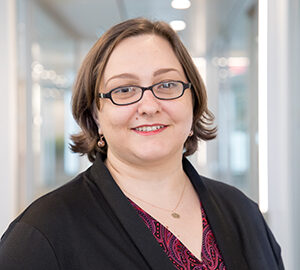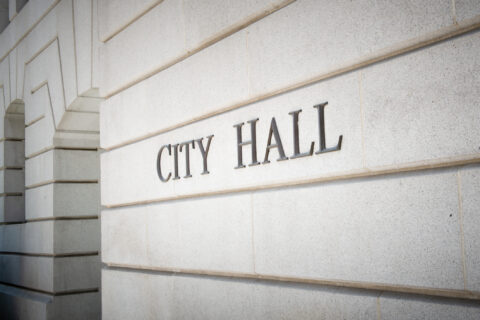Election administration is an effort requiring the participation and collaboration of the entire community. While many residents may only see the activity on Election Day, countless city staff, elected officials and others work tirelessly before and after Election Day to ensure that residents are well-informed, able to access ballots and polling locations and able to trust the process. NLC’s Presidential Election Task Force recently hosted a webinar to spotlight how local leaders can ensure their elections are safe, secure and trustworthy.

The 2024 Election Threat Landscape
Foreign actors — especially Russia, Iran and China — continue to target U.S. elections for cyberattack, and the U.S. intelligence community has noted their increased efforts to conceal their influence or intrusion. In addition, physical violence and threats against election officials and other public officials are on the rise. Swatting, hazardous mailings to election offices and high-conflict confrontations at public meetings and polling locations have all grown. This increased risk to the safety of public officials has led to higher turnover rates of those officials, decreasing institutional knowledge and making elections more susceptible to attack or influence.
Fortunately, resources are available to local governments to help build these systems and partnerships. CISA’s #Protect2024 initiative offers a variety of tools and technical assistance to election administrators, including free security assessments. The Elections Infrastructure ISAC — which is free and open to any government organization supports elections infrastructure — provides its members with ongoing security services and training. The Elections Assistance Commission has created a library of resources to help communities keep both elections infrastructure and the people administering elections safer.
Grant funding is available to support many of these activities. Federal preparedness grants may be used to support a variety of election security tools and activities, including physical security measures, cybersecurity services and even public awareness campaigns to facilitate public understanding of election security and integrity. The Election Assistance Commission regularly provides formula grants to states under the Help America Vote Act Grant Program, and periodically offers competitive grants to achieve specific election administration goals.
Securing Elections Against a Variety of Threats
Local officials should work with their election administration teams to ensure regular physical and cybersecurity assessments are conducted to check for vulnerabilities. Basic cyber hygiene for all city staff and elected officials, such as implementing multi-factor authentication, limiting user access to sensitive systems and creating strong password policies, helps prevent cyber-attacks and limit the impact of any intrusions. Creating response plans and conducting tabletop exercises for possible scenarios, such as a cyber-attack or natural disaster, can help to make elections more resilient. Partnerships with federal agencies, state agencies, law enforcement, vendors and neighboring jurisdictions help ensure a team is ready to respond in the event of any unexpected threat.
The Role of Local Elected Leaders
Local elected leaders play a crucial role in election security. Elected leaders support election administrators to ensure they have the resources necessary to secure and maintain elections infrastructure and workers. They also serve as key connectors between the elections process and the community. Local leaders can spur interest in voting or serving as a poll worker, particularly among younger voters. They can disseminate accurate and timely information about voting and ballot access from their election administrators to the community at large.

Perhaps most importantly, elected leaders can influence the tone of their communities and create a culture that discourages extremism or violence and promotes civility and trust in government. “I know for us as officials it can be overwhelming, and I mourn the loss of a time where people disagreed passionately, but they found a rational middle and a way forward,” noted Toby Barker, Mayor of Hattiesburg, Mississippi and member of NLC’s Presidential Election Task Force. “I think it’s incumbent upon [us as] good, honest, and rational local elected officials [to] reject extremism and conspiracy theories on both sides…we are better than that, and we are smarter than that.”
Local officials can leverage their platforms to insist on civility and respect for others, communicate the value of civic engagement and voting, share and validate official information provided by their city, town or village with residents and combat mis- or disinformation.
To watch a recording of the full webinar, click here.
NLC’s 2024 Presidential Election Task Force
Learn more about NLC’s 2024 Presidential Election Task Force and how you can use the presidential election process to spotlight local priorities and strengthen the federal-local partnership.











